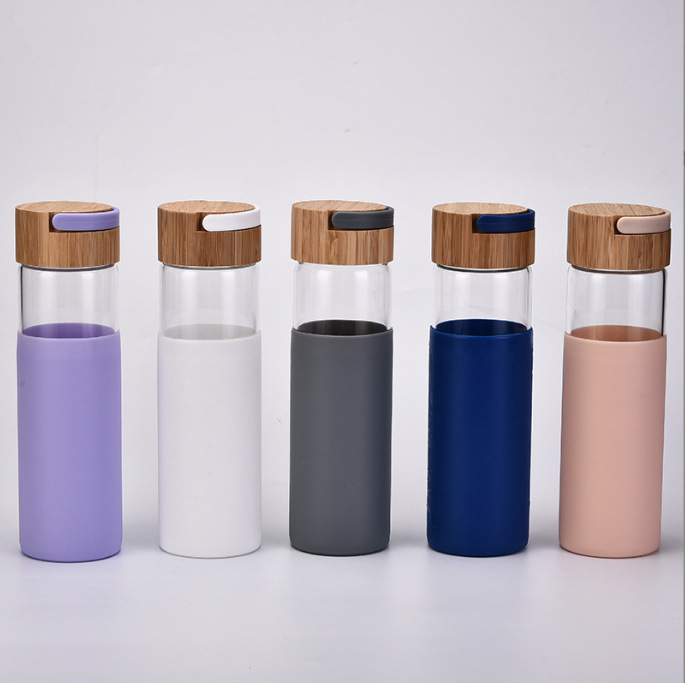Revolutionizing plastics in water bottles involves finding a balance between convenience and sustainability:
- Recycled Materials: Utilizing recycled plastics in bottle production reduces the environmental impact by diverting waste from landfills and reducing the need for new plastic.
- Bio-Based Plastics: Exploring alternatives derived from renewable sources reduces reliance on fossil fuels and offers biodegradable or compostable options.
- Biodegradable Additives: Integrating additives that facilitate faster biodegradation ensures reduced environmental persistence after disposal.
- Durable and Reusable Design: Promoting durable, multi-use bottles encourages extended use, reducing single-use plastic consumption.
- Efficient Lightweight Design: Innovative lightweight designs optimize material usage, reducing the carbon footprint during production and transportation.
- Advanced Recycling Techniques: Improving recycling technologies enhances the efficiency of plastic bottle recycling, closing the loop in the plastic lifecycle.
- Refillable Systems: Expanding refill stations and encouraging reusable bottle systems offer convenience while reducing the need for new bottles.
- Consumer Education: Raising awareness about responsible disposal and recycling empowers consumers to make more sustainable choices.
- Regulatory Support: Stricter regulations and industry standards drive the adoption of more sustainable practices in plastic bottle manufacturing.
- Collaborative Initiatives: Partnerships between industries, governments, and environmental organizations foster sustainable practices and promote collective action toward eco-friendly plastic solutions.
By balancing convenience with sustainability through these approaches, the aim is to revolutionize plastics in water bottles, offering practicality without compromising environmental responsibility.



